

One Hundred and Two
An unexpected circumstance led the author to a direct experience of the difficult living conditions of a prison setting and to a brief moment of deep solidarity with the PDLs.
Browse past isues
Help the mission
Support the mission
Get in touch


An unexpected circumstance led the author to a direct experience of the difficult living conditions of a prison setting and to a brief moment of deep solidarity with the PDLs.
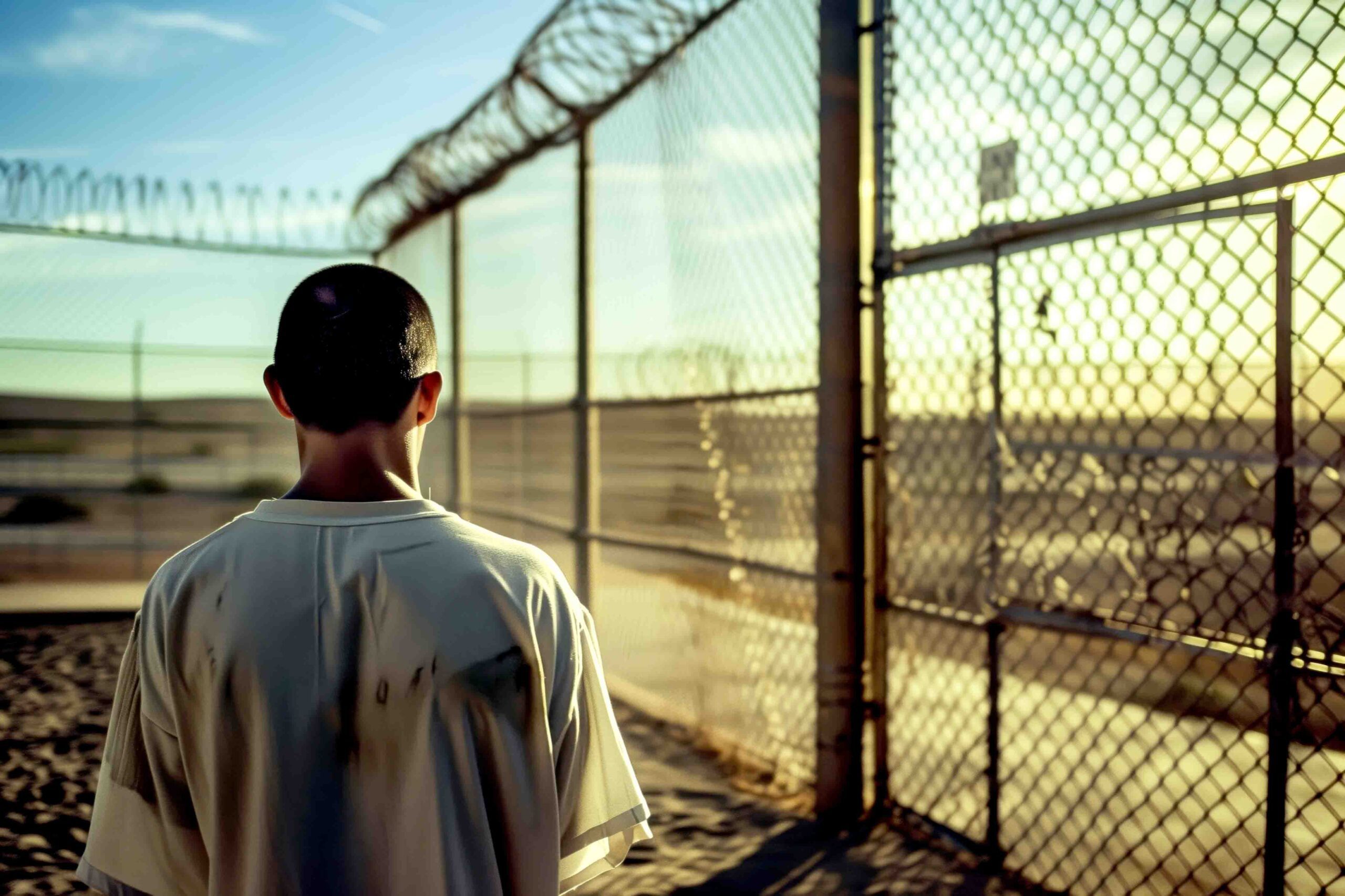

This story shows how someone could undergo a profound human transformation ‘thanks to’ circumstances that an ordinary person would never choose in order to grow.
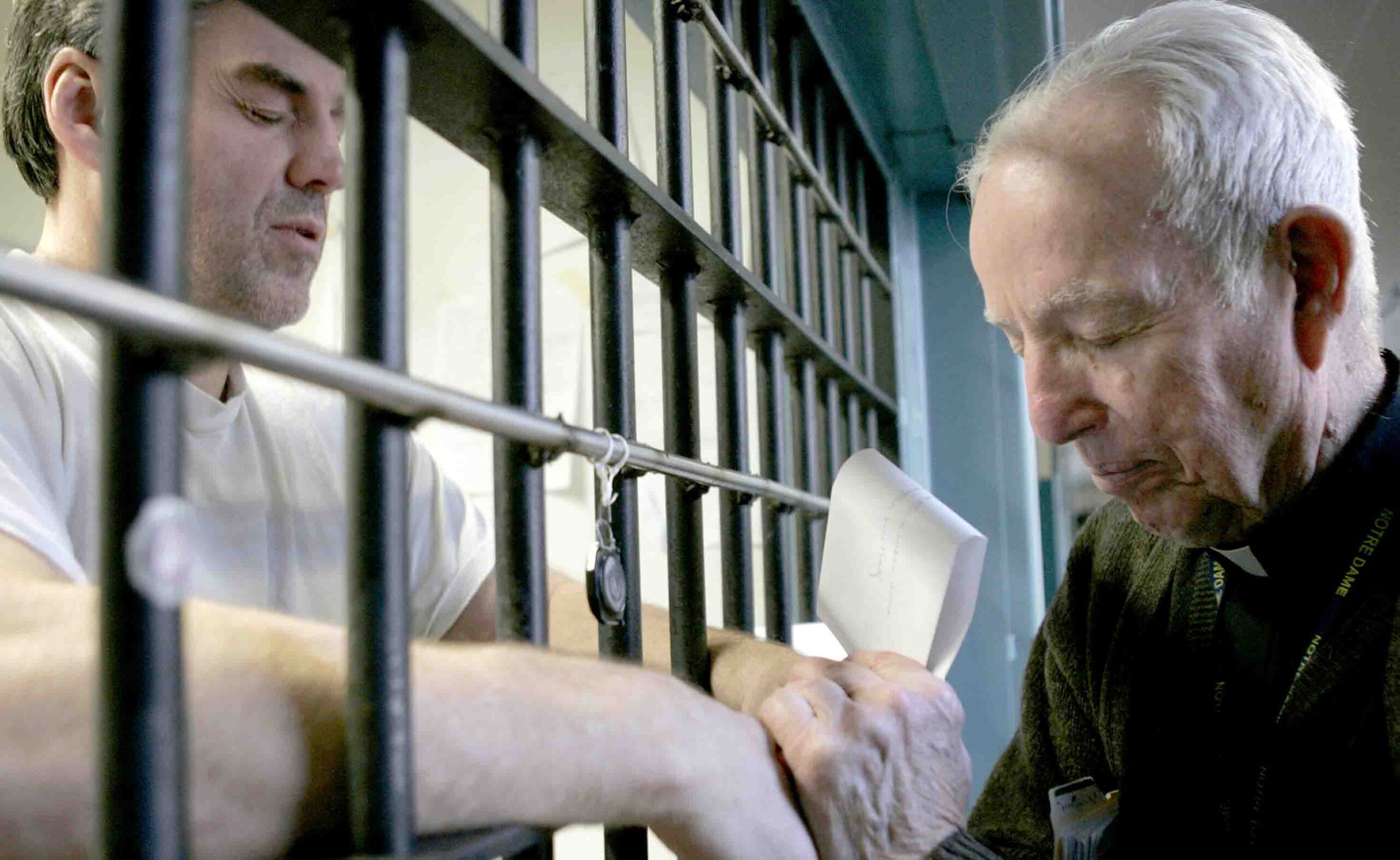

According to recent data, there are about 180,000 PDLs (Persons Deprived of Liberty) in the entire Philippines. What are some common thoughts, views, and prejudices about PDLs? Which attitudes can ordinary citizens and Christians cultivate towards them?


We pray that each one of us will hear and take to heart the cry of the Earth and the victims of natural disasters and climactic change, and that all will care for the world in which we live.
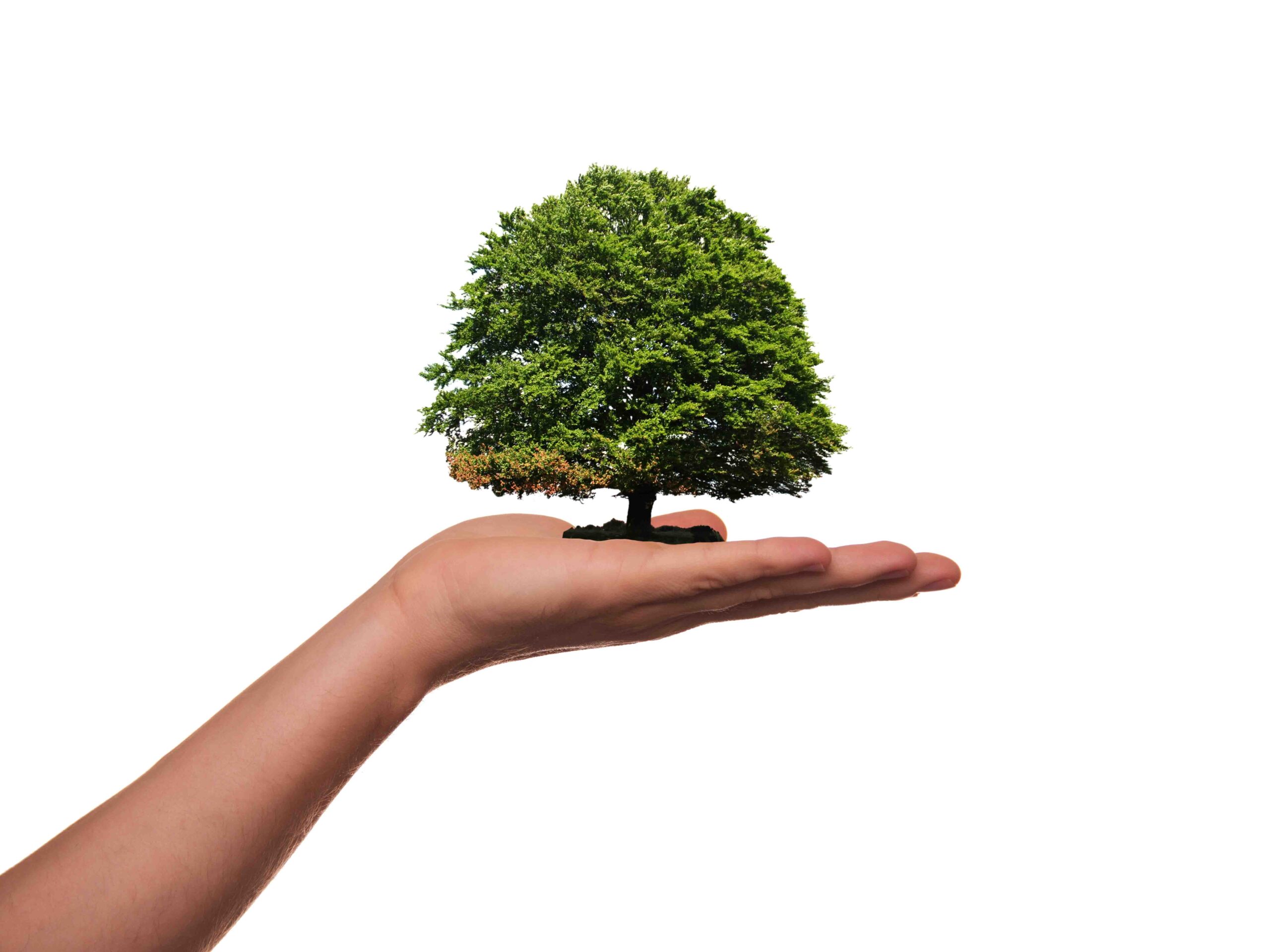

Caring for the Earth in daily life involves adopting sustainable practices and fostering an attitude of environmental stewardship. Here are some key points to guide one’s actions.
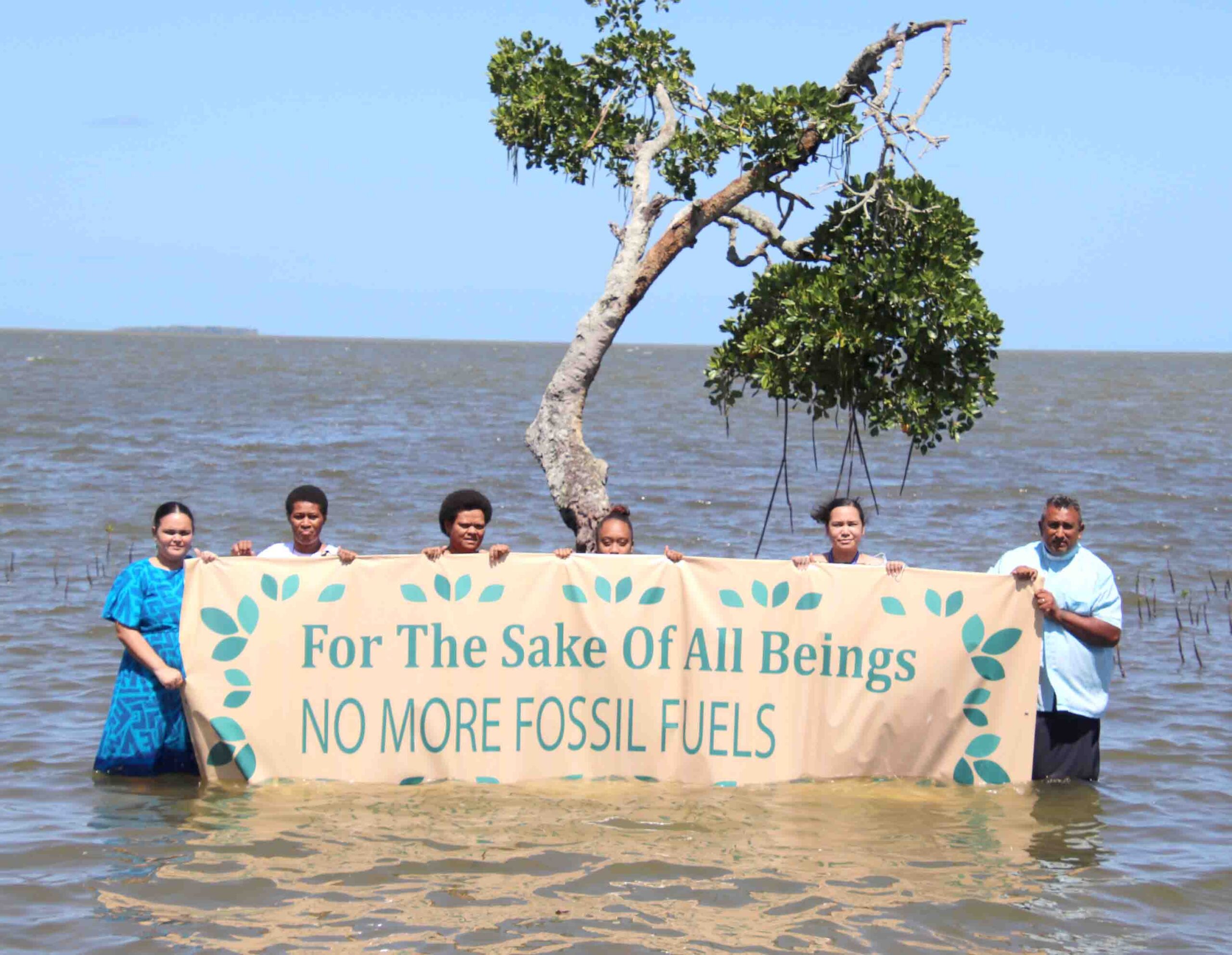

As leaders in diverse religious and spiritual communities worldwide, we call on governments to develop and implement a Fossil Fuel Non-Proliferation Treaty.
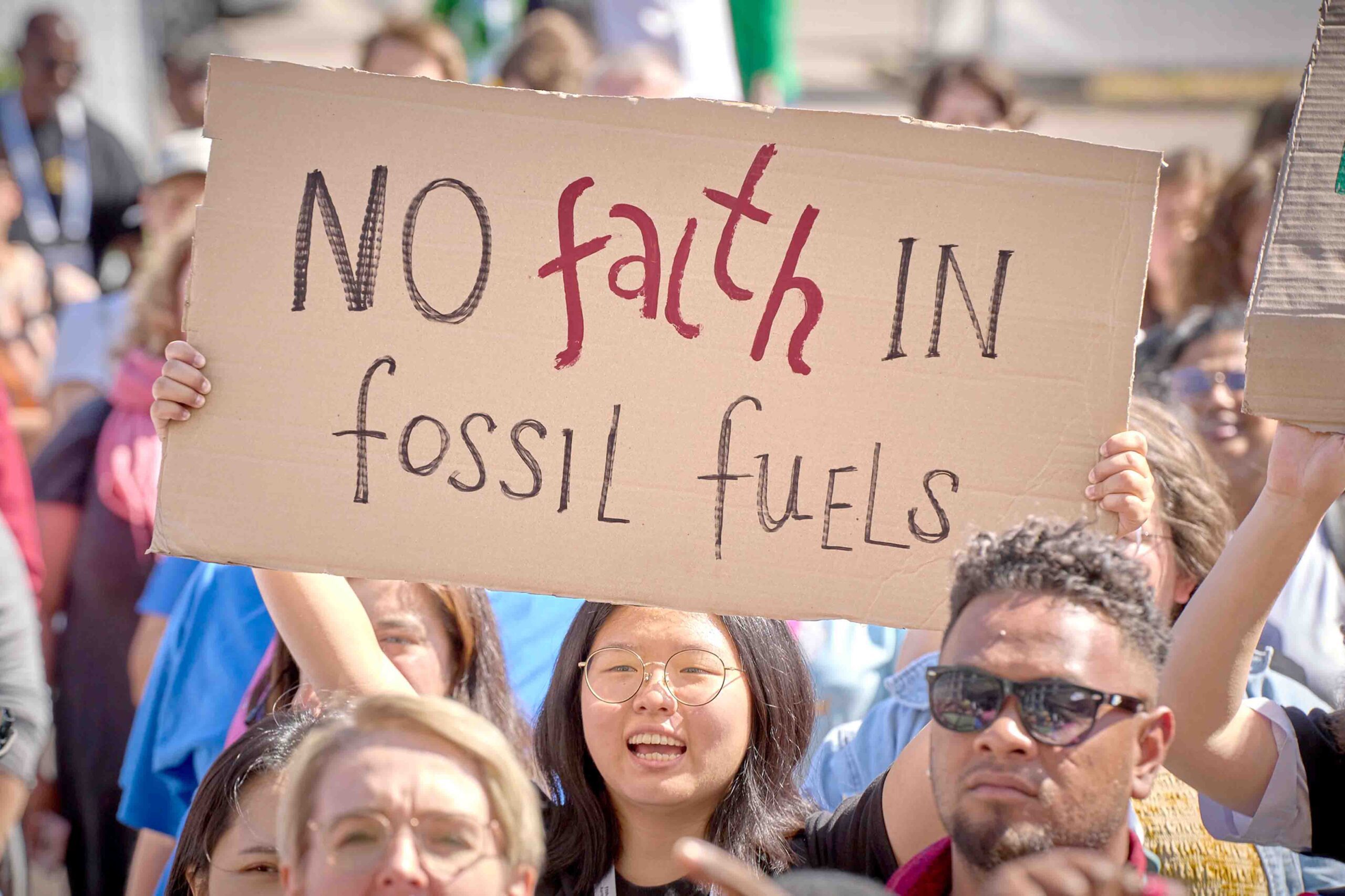

After the Paris Agreement at the United Nations, we must take a step forward to complement and strengthen it. This step is The Fossil Fuels Non-Proliferation Treaty (FFNPT). In the question and answer below, we provide the concerns about the Treaty.
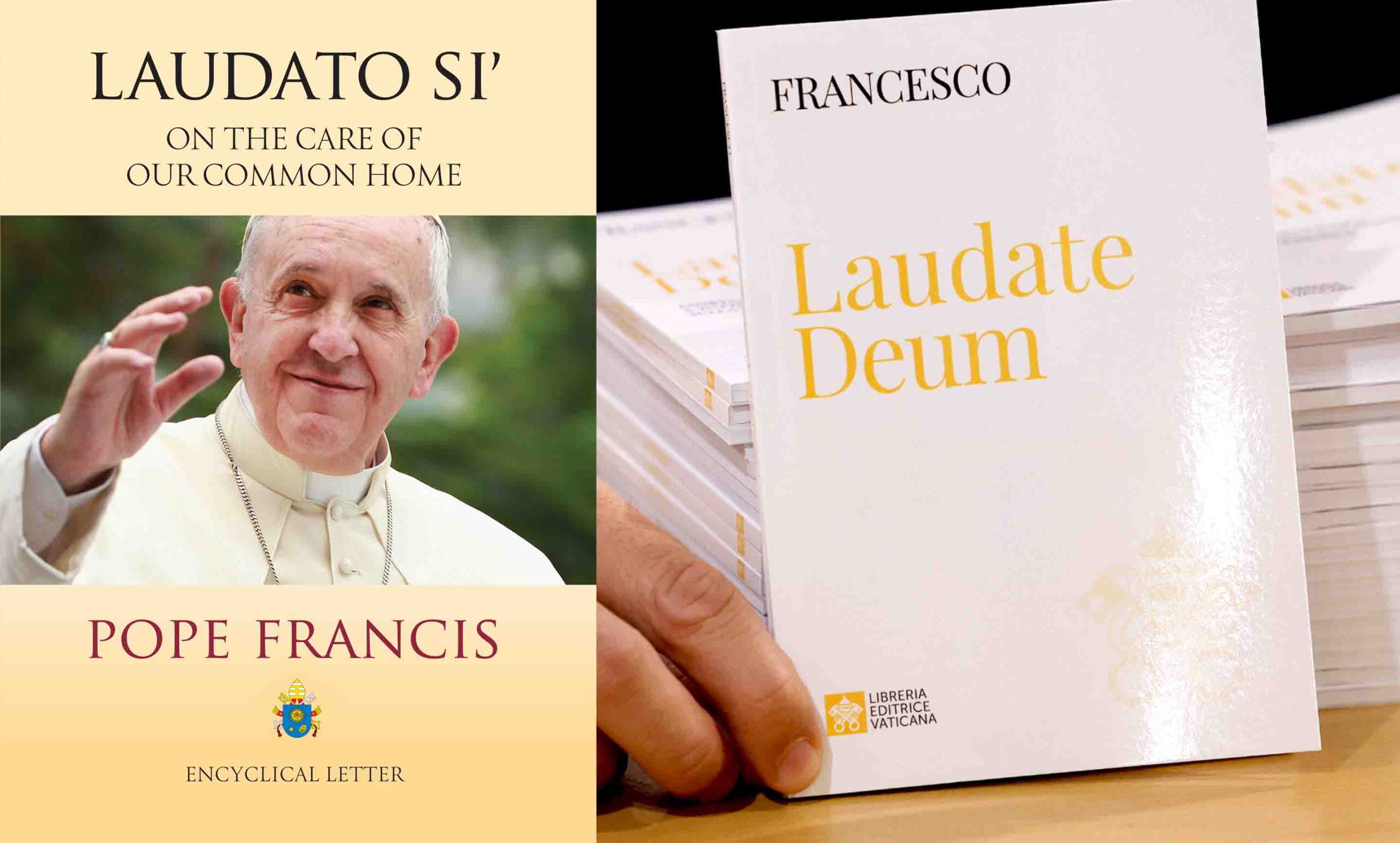

Laudate Deum is not merely a repetition or addendum to Laudato Si’. The two teachings are distinct. Each is important in its own right. So, what has changed?


The release of an apostolic exhortation, Laudate Deum, which renews and extends Laudato Si’, makes it clear that climate change remains at the forefront of Pope Francis’ concerns and should remain at the forefront of ours as well.
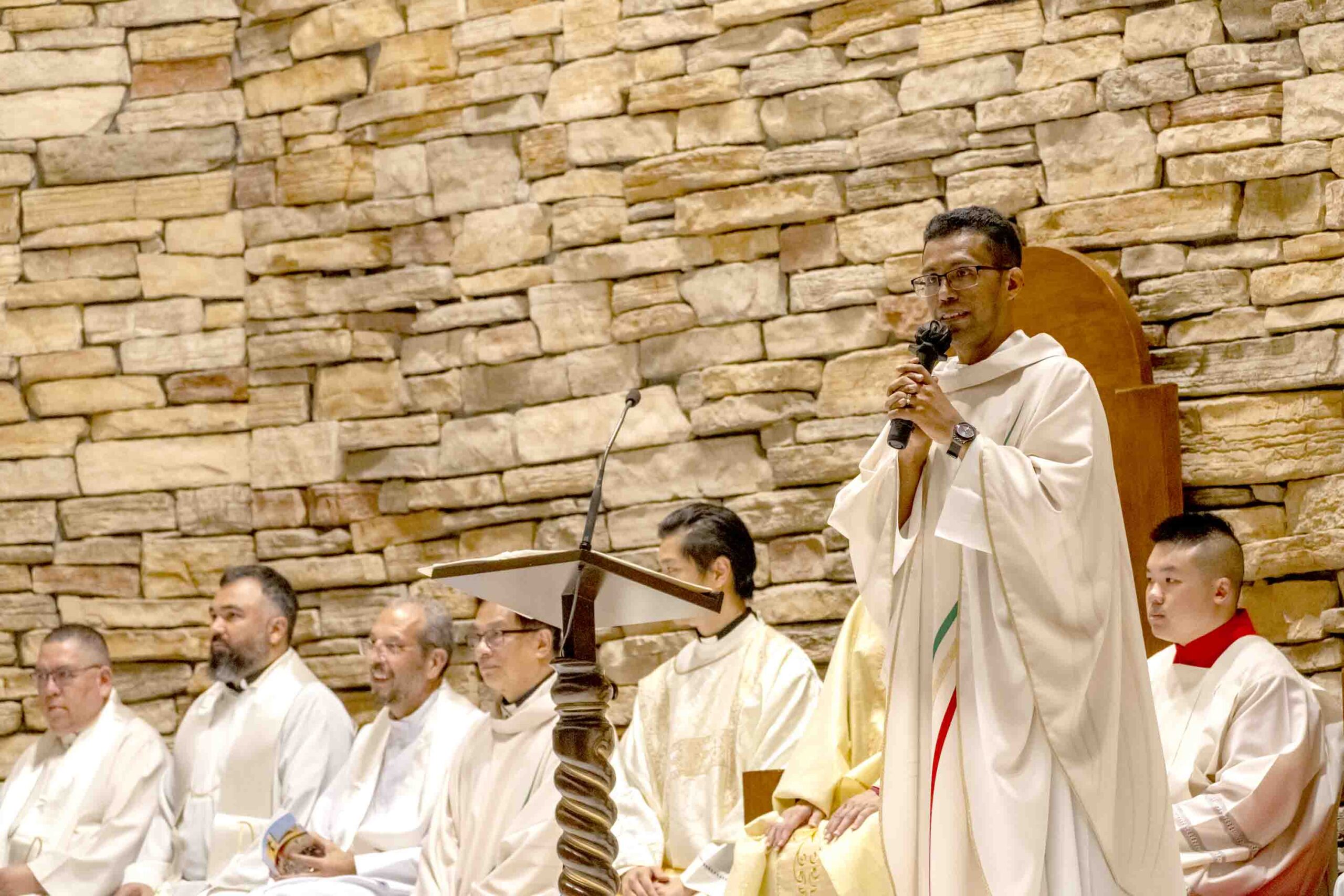

The parish of St. Joseph the Worker has persevered over the last quarter of a century in its mission to evangelize in China. In addition, it has also created a dynamic and vibrant community. Father Carlos Malásquez, the parish priest, says that the parish is ready to take on new challenges.
